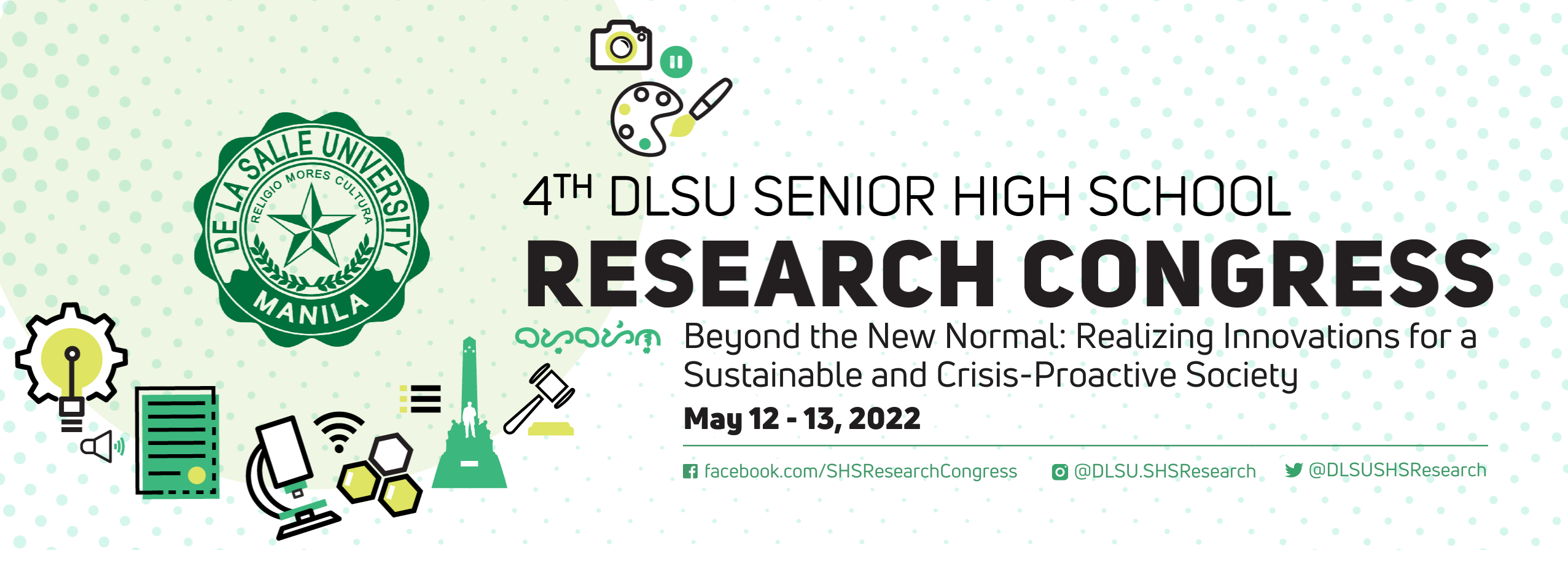Document Types
Poster Presentation
Research Theme (for Paper Presentation and Poster Presentation submissions only)
Computer and Software Technology, and Robotics (CSR)
Research Advisor (Last Name, First Name, Middle Initial)
Katrina Ysabel C. Solomon
Start Date
13-5-2022 8:00 AM
End Date
13-5-2022 10:00 AM
Abstract/Executive Summary
Cryptocurrencies, which use blockchain technology, are a type of decentralized algorithm that solves the issue of trust on the Internet and has recently garnered increasing levels of interest. Using different types of cryptographic technologies, cryptocurrencies have become a medium of exchange online that does not require an intermediary and is difficult to counterfeit. Among these, the cryptocurrency with the highest market capitalization is currently Bitcoin. Thus, this comprehensive study on the feasibility and suitability of Bitcoin in the Philippine setting will investigate whether the cryptocurrency is suitable and compatible for adoption in the Philippines. To achieve this, the study aims to explore the social aspects of adopting Bitcoin in the local setting by conducting a survey and interview among Filipinos. Alongside this, a consultation from financial and cryptocurrency experts was conducted to aid in the formulation of survey questions. The survey results showed that more than 87% of Filipinos in the NCR are aware of cryptocurrencies, and 64% can interact with and use cryptocurrencies. However, the average score of the respondents’ general cryptocurrency knowledge is only about 57%. Furthermore, when asked about their knowledge on Bitcoin, they only had an average of 24%. While Bitcoin may be feasible in the Philippines, it is certainly not suitable yet due to the inadequacies of the population in terms of cryptocurrency knowledge, financial literacy, and willingness to adopt it.
Keywords
Bitcoin; blockchain; cryptocurrencies; cryptocurrency adoption; cryptocurrency awareness
Included in
A Comprehensive Study on the Feasibility and Suitability of Bitcoin in the Philippine Setting
Cryptocurrencies, which use blockchain technology, are a type of decentralized algorithm that solves the issue of trust on the Internet and has recently garnered increasing levels of interest. Using different types of cryptographic technologies, cryptocurrencies have become a medium of exchange online that does not require an intermediary and is difficult to counterfeit. Among these, the cryptocurrency with the highest market capitalization is currently Bitcoin. Thus, this comprehensive study on the feasibility and suitability of Bitcoin in the Philippine setting will investigate whether the cryptocurrency is suitable and compatible for adoption in the Philippines. To achieve this, the study aims to explore the social aspects of adopting Bitcoin in the local setting by conducting a survey and interview among Filipinos. Alongside this, a consultation from financial and cryptocurrency experts was conducted to aid in the formulation of survey questions. The survey results showed that more than 87% of Filipinos in the NCR are aware of cryptocurrencies, and 64% can interact with and use cryptocurrencies. However, the average score of the respondents’ general cryptocurrency knowledge is only about 57%. Furthermore, when asked about their knowledge on Bitcoin, they only had an average of 24%. While Bitcoin may be feasible in the Philippines, it is certainly not suitable yet due to the inadequacies of the population in terms of cryptocurrency knowledge, financial literacy, and willingness to adopt it.


